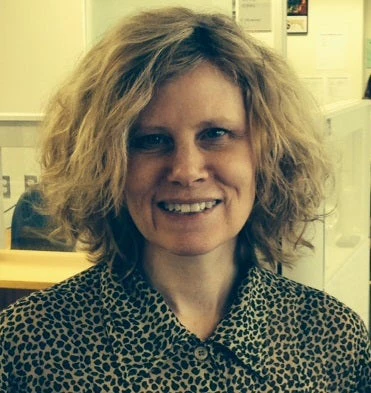Read this post in Español, Français
World Bank President Jim Yong Kim and New York Mayor Michael Bloomberg weighed in January 18 on what it will take to shape the future of cities — and cut pollution, road deaths, commute times, and poverty.
A large part of the answer: greener, more efficient and cost-effective urban transportation that is designed to move people, not cars.
“We have to start looking at other ways to move people. Traffic does hurt your economy,” Mayor Bloomberg said at the 10th Annual Transforming Transportation conference in Washington, D.C., hosted by the World Bank and EMBARQ.
With 90 percent of city air pollution caused by vehicles, finding transportation solutions also will help confront emissions that drive climate change, Dr. Kim added.
"We can tackle the problem of climate change while at the same time bringing order to cities, providing methods of transportation that will allow people to have a job and to support their families," the World Bank president said.
Dr. Kim and Mayor Bloomberg spoke during the conference’s keynote session, Shaping the Future of Urban Transport, moderated by Zanny Minton Beddoes, economics editor for The Economist.
The session tackled a serious issue: rapid urbanization in developing countries. Six out of 10 people will live in cities by 2030. These growing cities are struggling to provide services to residents and deal with overburdened roads, as well as pollution and the threat of climate change. In addition to air pollution, road traffic crashes cause more than 1.2 million deaths annually, about 90 percent of them in low- and middle-income countries.

The World Bank’s priorities are ending poverty and building shared prosperity – but we also need to share that prosperity with future generations, Dr. Kim said. “Working on transport is part of this moral responsibility we have, especially to the cities of today and to future generations.”
The Bank can bring evidence-based, practical experience to urban problems, Dr. Kim said, and already many of the Bank’s investments contribute to the shape of cities. The Bank-funded bus rapid transit system in Lagos, Nigeria, for example, is the first of its kind in Sub-Saharan Africa. As of 2011, some 200,000 commuters were using it daily, fares had decreased by 30 percent and the commute time for riders was down by 40 percent.
Urban transportation systems must be sustainable and benefit all people, including young people, women, and future generations, Dr. Kim said. If more is not done to reduce global warming and create more sustainable societies, we face a dramatically warmer future, according to the recent World Bank report “Turn Down the Heat: Why a 4°C Warmer World Must Be Avoided,” on the dangers posed by climate change.
If we don’t make progress on climate change in cities – especially megacities – we will hand over a very different world to our children, Dr. Kim said.



Join the Conversation